Vision and Mission
D-TALE's vision has emerged from collaboration across disciplines through a meeting of minds, diverse academic perspectives, and cumulative professional expertise and experience. It encapsulates the diverse perspectives that forge our professional community and delineates our shared vision and goals that drive our practices at Stony Brook University. Our vision incorporates the knowledge and experience of our colleagues in P-12 schools, our alumni, and our candidates across disciplines.
To realize our vision, we have identified a number of concrete mission objectives:
- Provide discipline-based professional education of the highest quality for undergraduate and graduate teacher and leadership candidates.
- Integrate research and theories of the disciplines with diverse field experiences and create educators who will continue to grow and synergistically combine evolving expert knowledge with pedagogy that exceeds state, national, and professional standards.
- Integrate diversity into the academic and clinical experiences to enhance the continuous cross fertilization of ideas.
- Build and strengthen partnerships within the University and with the regional community.
- Provide leadership and professional development for the educational community of the region and beyond.
Our conceptual framework reflects Stony Brook's diverse disciplinary and pedagogical perspectives. It represents a joint exploration of our shared concerns, goals, and visions. The document was crafted and evolved through cross-disciplinary discourse and communication among Stony Brook faculty and stakeholders, including candidates, alumni, P-12 administrators and teachers. These meetings generated numerous discussions that also included our steering committees, task forces, D-TALE Advisory Board, faculty meetings, cooperating teachers and administrators, and candidates. Ideas, input, and the cumulative experiences of all involved have been integrated and are interwoven within this document. This conceptual framework was developed to guide our instruction and curricular reforms, and it will continue to evolve as we move towards the realization of our vision.
This conceptual framework is grounded in current research in pedagogy and in the disciplines. It is aligned with Stony Brook's institutional mission, and New York State learning standards and Code of Ethics, as well as with the national standards established by the Interstate New Teacher Assessment and Support Consortium (INTASC), the benchmarks of the Association for Teacher Educators, and the disciplinary standards established by the relevant SPAs.
Philosophy, Purpose, and Goals
Here you will find a place where students and professors work together to answer questions and solve problems that are facing the world today...where collaborations across academic disciplines...create discoveries that change lives.
-Stony Brook President Samuel L. Stanley Jr. MD, (January 2, 2015)
Our philosophy stems from the realization that the vision that educators instill in their students emanates from their own educational experiences and that this occurs at all levels. We believe that education is a continuing process and that educators must continue their own growth and education throughout their lives.
D-TALE’s purpose is to ensure that Stony Brook University does an excellent job in all of its programs of preparing teacher education and educational leadership candidates for their careers.
In very broad outline, we see our three themes as the foundation on which we have built our pedagogical structure. We have identified three important pathways through which to realize each of these themes: research, reflection and partnership. We believe that educational practice must be informed by research, which is an ongoing process, with ever-changing results and ideas. We believe that educators at every level must be aware of their own selves, their own actions, their own thoughts, and must have the capacity to reflect on their own attitudes. And we believe that educators must be aware of the diversity of people, backgrounds and styles of learning and take the lead in helping each of their students to find his or her own path of learning.
| Previous Sections | Next Section |

